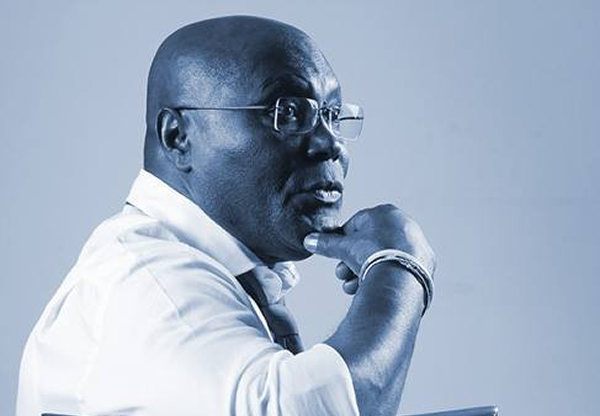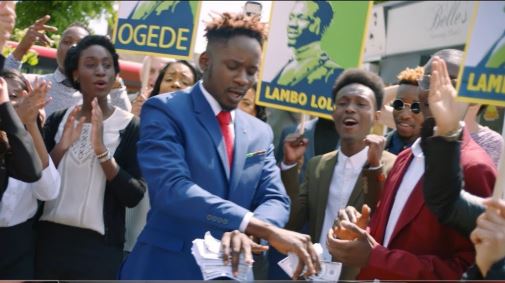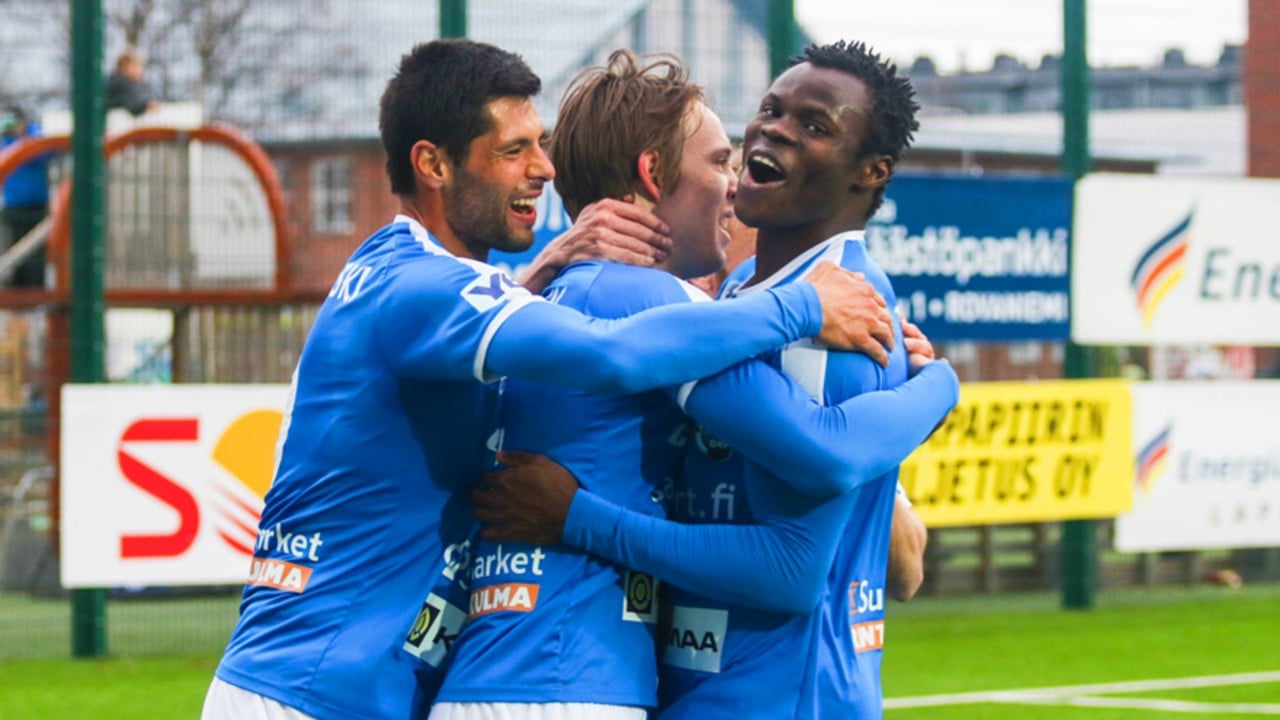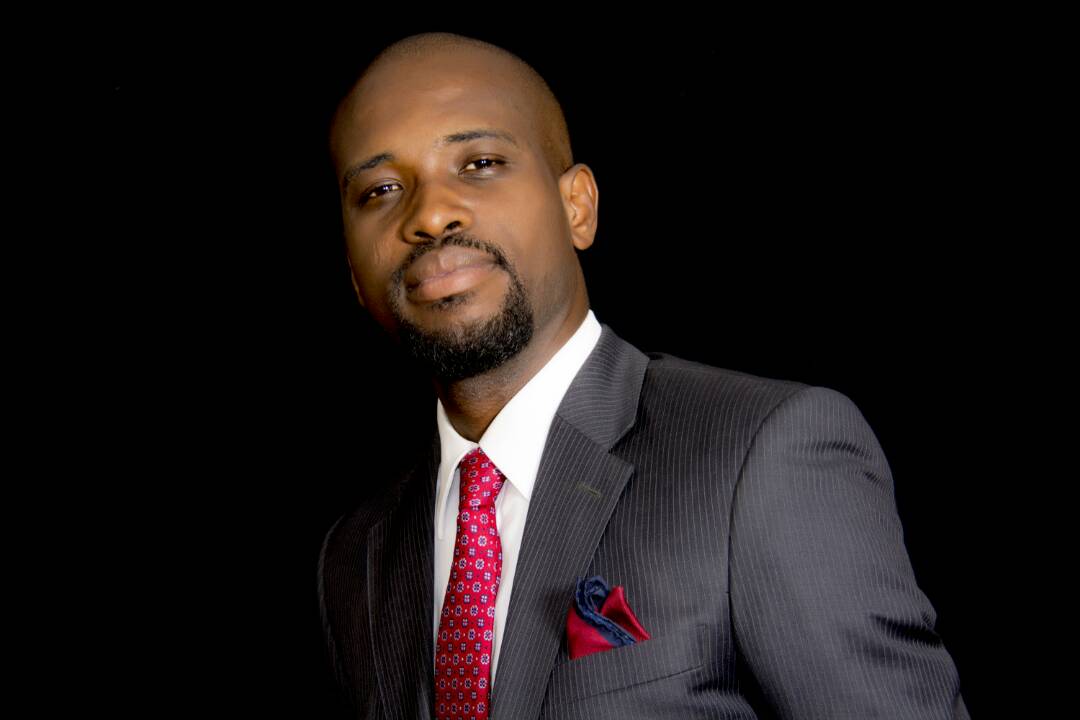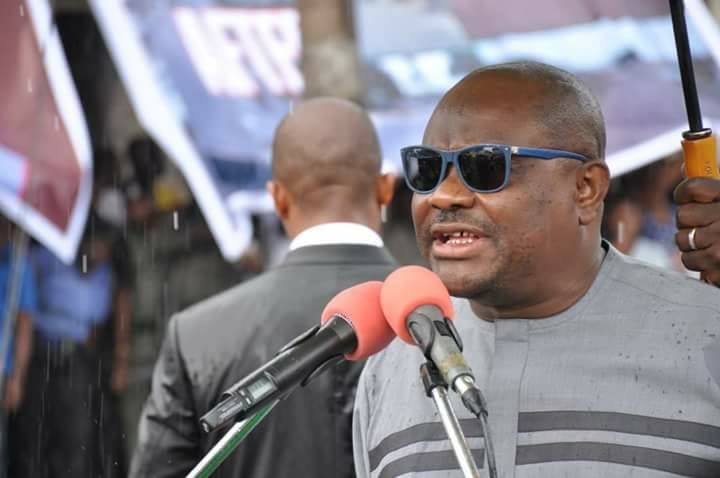According to his children, Atiku Abubakar is always calm at home — no matter the situation and no matter the pressure. So cool that they adopted the title of Boney M’s 1976 hit song, Daddy Cool, to describe him. TheCable understands that “Daddy Cool” is Atiku’s nick-name among his children.
He must be cool indeed. For 25 years, he has sought to be president of Nigeria, and is considered in many quarters as the most prepared candidate ever. He has contested for presidential tickets five times and participated in a presidential election only once — in 2007. He will be on the ballot for only the second time now that he has secured the ticket of the Peoples Democratic Party (PDP).
His first attempt at presidency was in 1993 when he came third in the primary of the Social Democratic Party (SDP) — after MKO Abiola and Babagana Kingibe. In the run-off between Abiola and Kingibe, he gave his delegates to Abiola on the understanding that he would be made running mate, but Abiola picked Kingibe instead after a particularly difficult decision-making process.
Atiku kept his cool and tried a second time in 2007, this time securing the ticket of the Action Congress (a legacy party of today’s All Progressives Congress). He came third in Nigeria’s “most fraudulent elections ever” (in his words) as Umaru Musa Yar’Adua of the PDP coasted to victory. Yar’Adua scored 24.6 million while Muhammadu Buhari, then of the All Nigeria Peoples Party (another legacy party of APC), got 6.6 million. Atiku managed 2.6 million votes.
Advertisement
He kept his cool again and gave the presidency another shot in 2011, failing to pick the PDP ticket in the race with President Goodluck Jonathan. Despite rallying the north behind himself in his “consensus” strategy, Atiku got only 805 out 3,542 delegate votes. Jonathan went with 2,736; in fact, the majority of delegates from his home state, Adamawa, voted for Jonathan.
The fourth attempt was in 2015. Having lost his cool and left the PDP for the new opposition coalition, APC, Atiku threw his hat in the ring yet again. He came third behind Buhari and Rabiu Musa Kwankwaso. His 954 votes were far below Buhari’s 3,430. Kwankwaso’s tally was 974. That Atiku did not even come second was a surprise to many.
Those who thought it was over for him were mistaken — he returned to the PDP and has now won the party’s presidential ticket very convincingly.
Advertisement
A RICH POLITICAL HISTORY
Atiku Abubakar used to be called Abubakar Atiku — until he became vice-president in 1999. Then his media office issued a statement to make things clear: the man from Jada, Adamawa state, should be addressed as Atiku Abubakar. For editors, “Atiku” was acceptable for headline purposes. Using his surname, “Abubakar”, in headlines would be confusing because of all the equally popular Abubakars in the land.
But irrespective of what name came first, Nigerians already knew him, even if fleetingly. In 1991, he wanted to be governor of Adamawa state on the SDP platform, but was disqualified by the military government in the era of “banning” and “unbanning” of politicians.
He was an associate, or protege, of Shehu Musa Yar’Adua, retired general and Nigeria’s No. 2 man from 1976 to 1979. Yar’Adau himself wanted to be president but was banned as “old breed” by the government of Ibrahim Babangida after he had secured SDP’s ticket, so he backed Atiku for the 1993 race that ultimately ended in annulment by the military. Yar’Adua would later be framed for a coup plot by the military government of Sani Abacha. He was sentenced to death — reduced to life imprisonment by presidential mercy — but he died in prison all the same. Atiku took over Yar’Adua’s political machinery.
Advertisement
When Abacha died in 1998 and the military prepared to return Nigeria to civil rule, Atiku opted to contest for Adamawa governorship again despite being in charge of the biggest political association in Nigeria, called the Peoples Democratic Movement (PDM). He contested and won, but Candidate Olusegun Obasanjo picked him as running mate in the presidential race. He had to forgo the governorship. Together, they won the 1999 presidential election and he was vice-president for eight years.
TOPSY TURVY RIDE
Atiku fell out of favour with Obasanjo before their 2003 re-election bid — allegedly because he did not want Obasanjo to do more than one term. Their relationship had gone completely south and by the time Obasanjo eventually picked him as running mate again for the second term, it was a journey into acrimony.
Obasanjo did everything to stop Atiku from becoming president in 2007, setting up an administrative panel to indict him. The panel, headed by Ignatius Ayua, a professor, also had Oby Ezekwesili as member. The panel duly indicted him and INEC disqualified him, but the supreme court overruled the electoral body. Since then, INEC has lost the power to disqualify candidates. Obasanjo famously declared a public holiday in April 2016, apparently to make sure the court would not sit to rule in Atiku’s favour since the deadline for submission of candidates’ list to INEC was fast approaching.
Advertisement
Bola Tinubu, then governor of Lagos, was an ally of Atiku, so he offered the presidential ticket of AC to Atiku on a platter of gold. It was very clear that PDP was a no-go area for Atiku. He defected to AC but his presidential bid was a waste of time. He soon parted with AC and returned to PDP, and many began to classify him as desperate.
It has been a very long and rocky journey for him; he left PDP again in 2013, for APC, and returned to the party he helped co-found in 1998 yet again. His return to PDP in 2017 was less glamorous but now he has the party’s ticket. Many would argue that 2019 is his best chance yet to be president of Nigeria. He will be 72 when the presidential election holds.
Advertisement
He may be Daddy Cool to his children, but he has lost his cool in the political intrigues several times. Will 2019 be his year?
Advertisement
Add a comment
